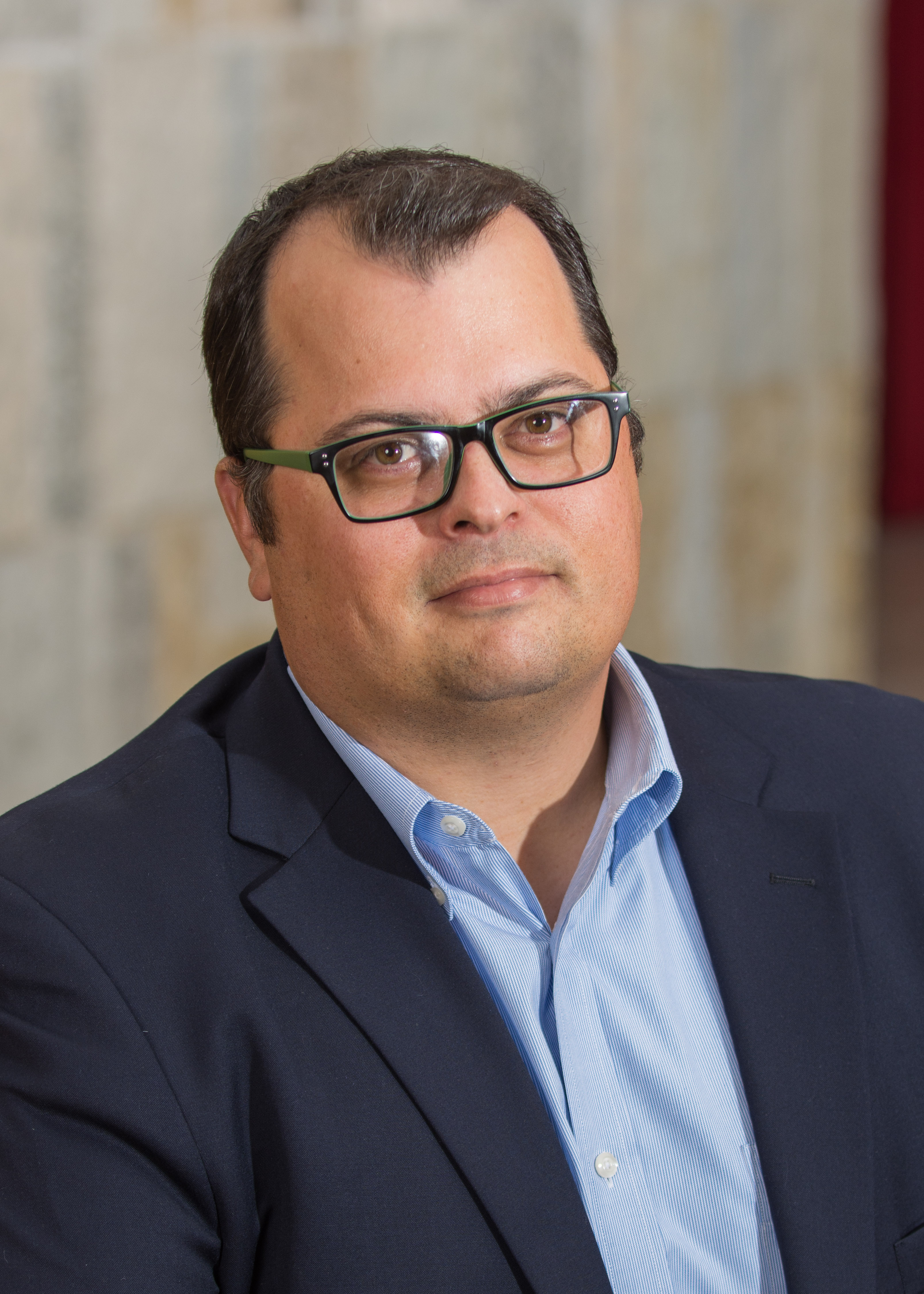Celebration of Scholars
Activist Investors Role in the Market
 Name:
Nickolas Ruetz
Name:
Nickolas Ruetz
Major: MSc Business Design and Innovation
Hometown: Racine, WI
Faculty Sponsor:
Other Sponsors:
Type of research: Course project
Abstract
People who make financial investments do it for one reason,
because they expect a return. Increasingly companies are expected to not only
make high returns, but also do it in a way that has a high degree of corporate
responsibility. Shareholder activism is a tactic used by large hedge funds and
increasingly by the largest mutual funds. Typically, large hedge fund operators
use shareholder activism as a way to influence the board of directors to make
some change at a company either financially or within leadership. If the board
doesn’t act accordingly the funds will often try to win seats on the board to
enact change from within. For mutual funds it is becoming increasingly popular
to spend money to enact change in terms of environmental, social, or governance
concerns. In 2017, fund managers have invested over $45 billion dollars in
campaigns to effect change at companies in their portfolios and the outlook is
for growth in years to come.
Submit date: April 13, 2018, 10:33 p.m.
